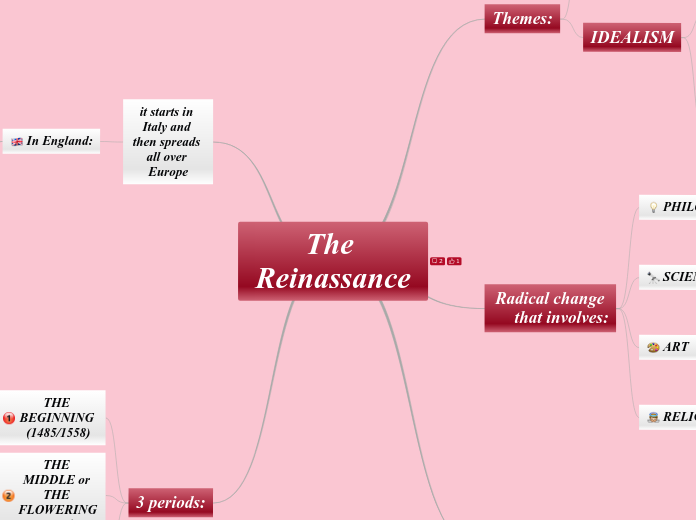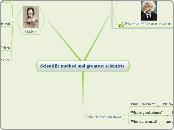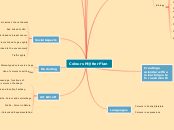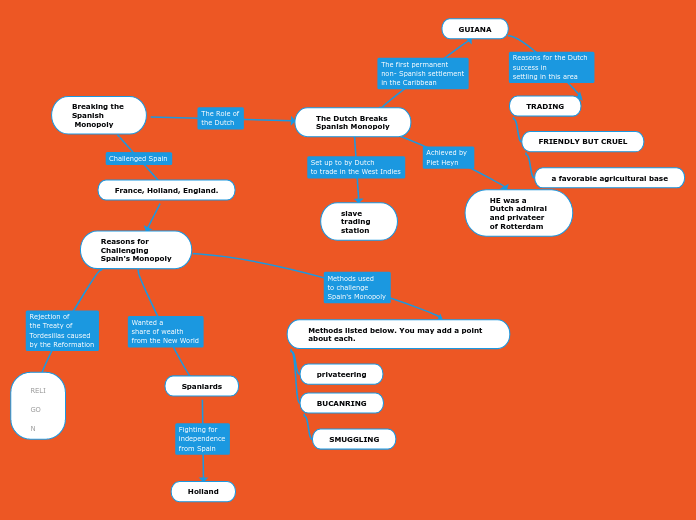The humankind's position changes. All people are equal.
TRAGEDY
ELIZABETHAN TRAGEDY:
features
tragic elements
ghosts
bloody
revenge
follows conventional
costumes
places
structure
acting
is an imitation of a serious action without narration (people act directly)
follows a pattern of 5 acts
final outcome/catastrophe/death of the HERO
THE HERO/THE HEROINE: -is a king or a nobleman who has power and honour -he/she commits a final mistake -accepts consequences of his/her actions -this condition makes him fall
decline
achieves CATHARSIS:is the purification of emotion. It's a kind of empathy.
crisis
development
introduction
this variety of popular and refined cultures makes drama appealing to everybody (poor and rich people)
Also known as ''the Age of Shakespeare''
Represents the Golden Age of LITERATURE
The Reinassance
una piccola svista da correggere,
ma perfetta per orale. non cancellarla di nuovo
<3
3 periods:
THE DECLINE (1603/1625)
Also called: ''the Jacobean Age''
THE MIDDLE or THE FLOWERING (1558/1603)
Also called: ''the Elizabethan Era''
THE BEGINNING (1485/1558)
it starts in Italy and then spreads all over Europe
In England:
The printing Press
introduced by William Cexton
The raise of the Tudors Dynasty
JAMES I STUART started the STUARTS' DYNASTY
ELIZABETH I reestablished the anglican religion with the act of supremacy
MARY TUDOR (Henry VIII's daughter) became queen. She wants to restore Catholicism.
EDWARD VIII (Henry VIII's son)
HENRY VIII (his son)
separates the Church of England from the Church of Rome. He became the head of the Church of England (Act of Supremacy)
it starts with HENRY VII
he adopts a marriage policy
DRAMA
it takes inspiration to
Classical models (Greek and Latin works)
characterized by music, dance and drama
like MASQUE
Medioeval genres
it is a short entertainment used as an interval. It relieves tension between acts.
like INTERLUDES
Radical change that involves:
RELIGION
There is a gradual passage to the Reformation
ART
Artists get inspiration from the past (Classicism)
SCIENCE
We have a shift from Ptolemaic to Heliocentric system
PHILOSOPHY
The philosopher introduces a new scientific philosophy
3 pers sing
Themes:
IDEALISM
2nd part: humankind turns back to reality
1st part: characterized by Thomas More
one of the most important English Humaniist
He writes ''Utopia''
means ''nowhere'' (is an imaginary world)
everything is perfect and in harmony
INDIVIDUALISM









